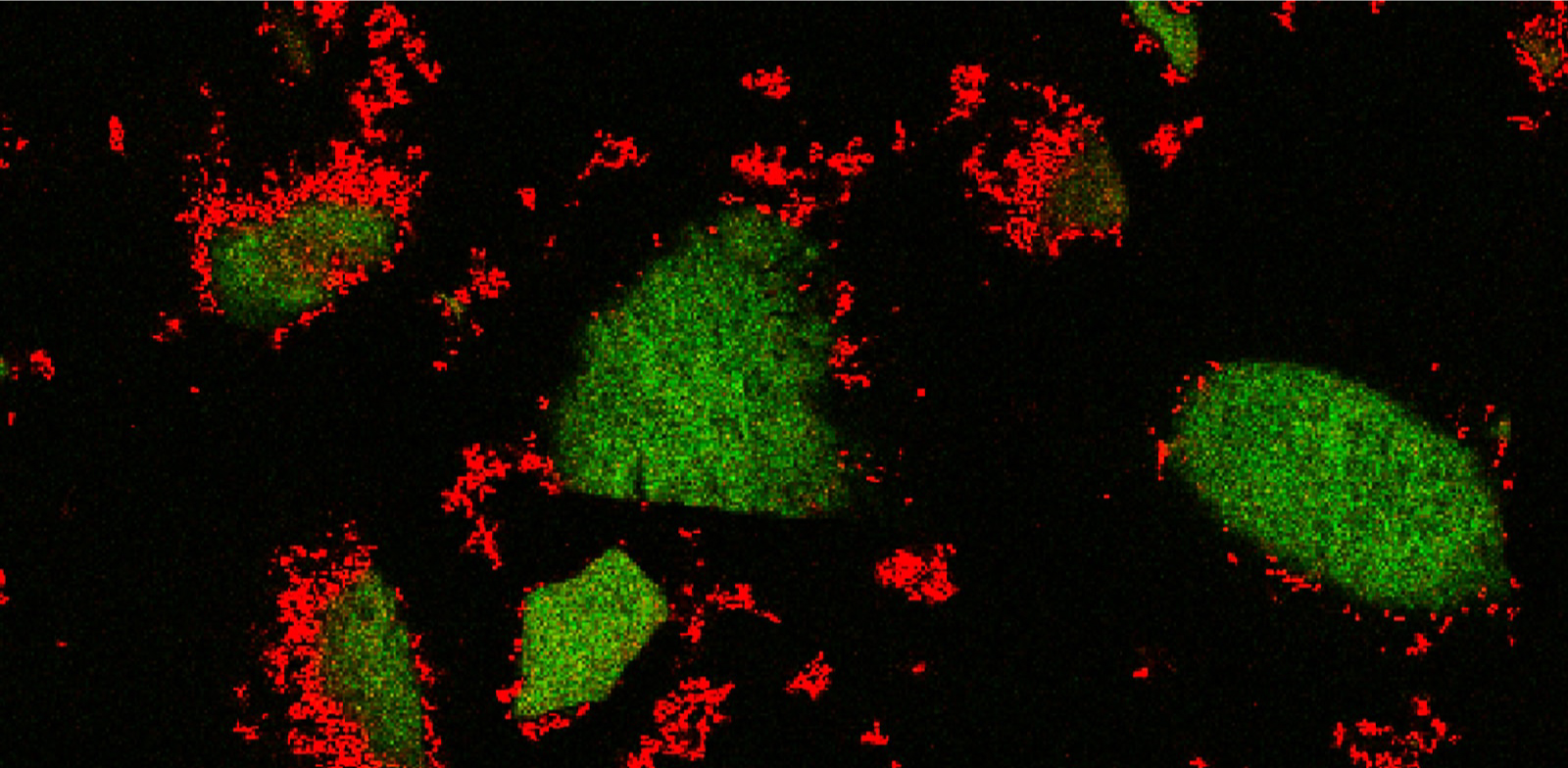

Regrow, not reuse: How restoring abandoned farms can mitigate climate change
May 25, 2022 ・ B. Rose HuberThe Institute Woods near Princeton University’s campus comprises 589 acres of serene walking trails and a wooden footbridge enjoyed by hikers, runners, and birdwatchers. Like many forests in New Jersey, this local landmark was a patchwork of farm fields and…
CMI Best Paper Awards recognize work on carbon capture, irrigation’s climate impact
April 27, 2022 ・ Morgan KellyThe Carbon Mitigation Initiative (CMI) recognized Tom Postma, a Ph.D. candidate in civil and environmental engineering, and Yujin Zeng, an associate research scholar in atmospheric and oceanic sciences, at the CMI Annual Meeting for outstanding published research. Postma was awarded…
What is a net-zero city? Depends on how you count urban carbon emissions
May 13, 2021 ・ Morgan KellyAs more people call for action against climate change, more than 500 cities worldwide have established low-carbon and net-zero carbon goals intended to substantially reduce greenhouse gas emissions in the coming decades. But a major challenge to these decarbonization plans…
High end of climate sensitivity in new climate models seen as less plausible
March 3, 2021 ・ Morgan KellyA recent analysis of the latest generation of climate models — known as a CMIP6 — provides a cautionary tale on interpreting climate simulations as scientists develop more sensitive and sophisticated projections of how the Earth will respond to increasing…


Princeton researchers at forefront of national plans for technological and social transition to net-zero emissions
February 3, 2021 ・ Morgan KellyScientists and research based at Princeton University played a critical role in a new national report that investigates the technology, policy and societal dimensions of accelerating decarbonization in the United States. The National Academies of Sciences, Engineering and Medicine announced…


Carbon-chomping soil bacteria may pose hidden climate risk
January 27, 2021 ・ Molly SharlachMuch of the Earth’s carbon is trapped in soil, and scientists have assumed that potential climate-warming compounds would safely stay there for centuries. But Princeton research supported by the High Meadows Environmental Institute (HMEI) shows that carbon molecules can potentially…
Getting U.S. to net-zero emissions by 2050 will take massive, but affordable, coordination
December 15, 2020 ・ Molly A. SeltzerWith a massive, nationwide effort the United States could reach net-zero emissions of greenhouse gases by 2050 using existing technology and at costs aligned with historical spending on energy, according to a study led by Princeton researchers. The new “Net-Zero…
How plants compete for underground real estate affects climate change and food production
December 3, 2020 ・ Liana WaitYou might have observed plants competing for sunlight — the way they stretch upwards and outwards to block each other’s access to the sun’s rays — but out of sight, another type of competition is happening underground. In the same…
Implementing carbon pricing during the pandemic could help countries recover greener, smarter
November 16, 2020 ・ Keely SwanCountries across the globe have been struggling to deal with the impact of COVID-19 and its accompanying economic slowdown. As economies “build back better,” it may be an opportune time to introduce carbon pricing to tackle climate change, according to…



